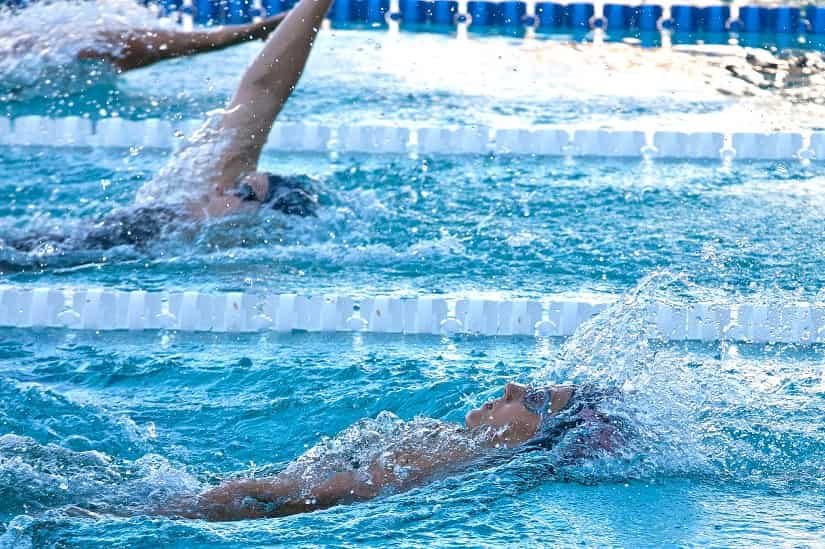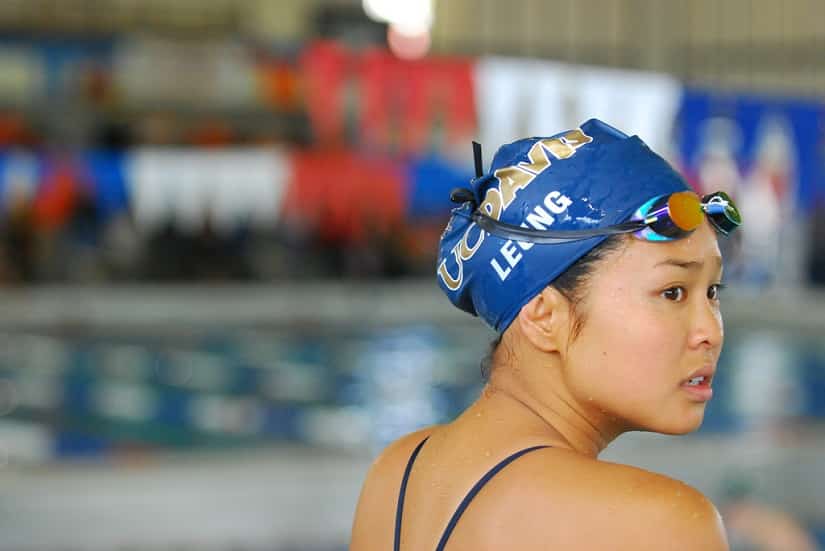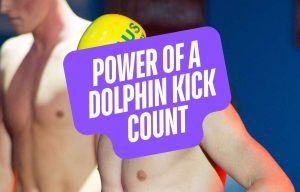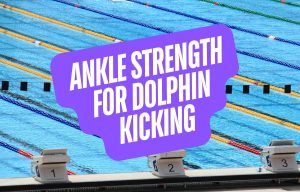At some point over the course of your swimming career it’s gonna happen…
It might occur out of the blue and knock you out of commission for a few days or weeks, or as in my case, chronically over the course of years.
The dreaded injury.
Here is a light-hearted look at 12 signs that you are injured swimmer:
1. The Dixie Cups. Before you step out on deck to see what kind of magical workout your coach has concocted you make a pit stop in the lifeguard room to fill up a couple Dixie cups with water and put them into the freezer for later.
2. “How’s it feelin’?” Coach rarely asks how your day is, or talks to you about the set at hand. Instead, his first words when you walk out pool-side is a variation of this query of your injury status.
3. There’s hope everywhere…anywhere. On days where you wake up and your shoulder feels not so bad you start to think that you’ve healed overnight. Or that maybe it was all in your head. Only to tweak it grabbing a cereal box from the cupboard ten minutes later.
4. You are constantly checking it. It’s funny how when we are hurt we repeatedly go out of our way to put ourselves into positions regularly to test if it still hurts. This means raising your arm and hand into awkward positions during the middle of class. Or while watching television.
5. Coach has a separate workout just for you. Yup, it includes lots of extra dryland, tons of vertical kicking in the dive tank, swimming and kicking with fins, and lots and lots of core and rotator cuff attention.
6. Your PT is on speed dial. You see your physical therapist so much that she has graduated to your list of people who get birthday presents. You are on a first name basis, and you can just mutter “the usual” when you walk into your appointments.
7. You Google your symptoms… And have promptly determined, according to the folks over at WebMD, that you also have cancer, type 2 diabetes, and possibly even hypothermia.
8. Your goals have an asterisk beside it now. You begin to wonder if all of your goals in the water have now been forsaken because of this short stretch of modified or missed training.
9. You start to think long term with your health. That aura of invincibility that comes with youth fades pretty quickly the longer you spend on the injured reserve list. Sometimes an injury is the best possible thing that can happen to us—it teaches us that we need to take better care of ourselves moving forward.
10. The training isn’t the same. Even though coach has got you biking on the stationary bike for a couple hours a day, and doing endless repeats of vertical kick with a weight belt on, and doing core work until your belly cramps up, it’s hard to wistfully watch your teammates swim back and forth and not feel like you are missing out.
11. You’re feeling exceedingly frustrated. I know the feeling–that no matter how patient you think you are being and no matter how much rehab work you do, it’s impossible not to feel overwhelmingly frustrated, bordering on hopeless. There is hope and a full recovery ahead of you–it’s just hard to see on days where you feel like you aren’t making any progress.
12. You’re itching to get back at it. One thing is for sure though, having been sidelined makes you hungry. It makes you a little more appreciative of your health. And it makes you want to get back into the full swing of things and attack your training with everything that you have.
Up Next:
- The Psychological Toll of Being Injured All of the Time
- A Letter to the Injured Swimmer
- The Ultimate Guide to Fixing & Preventing Swimmer’s Shoulder















